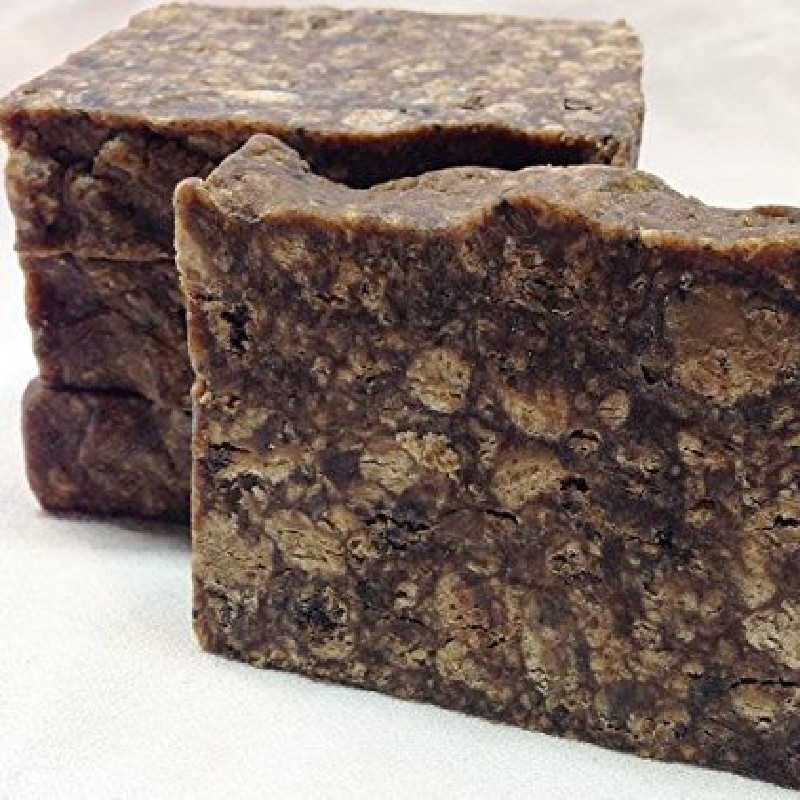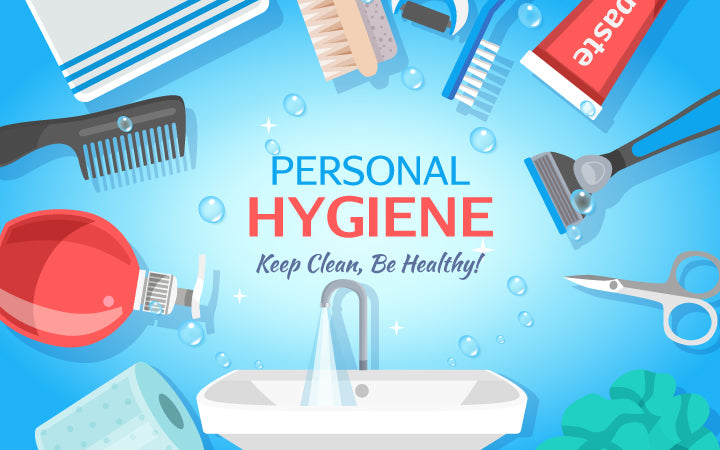In Ghana, black soap (locally known as Alata Samina in Twi or Anago soap in Ewe) has been used for generations as a natural skincare solution. This dark, earthy soap, traditionally made from plant-based ingredients, is gaining global recognition — but it’s been part of our beauty and hygiene routine long before it became a trend.
Let’s explore the origins, health benefits, how to use it properly, and some precautions to take with black soap.
🔍 What Is Black Soap?
Black soap is a natural, handmade soap originating from West Africa, particularly Ghana and Nigeria. It is made from locally harvested ingredients like:
-
Plantain skins
-
Cocoa pod ash
-
Palm kernel oil
-
Shea butter
-
Coconut oil
-
Camwood (osun) – in some variations
The ingredients are sun-dried, roasted into ash, and then mixed with oils and water to form the rich, dark soap. Authentic Ghanaian black soap is brownish-black, soft, and slightly crumbly.
✅ Health & Beauty Benefits of Black Soap
1. Deep Cleansing and Detoxification
Black soap is known for its deep-cleansing properties. It removes dirt, sweat, and excess oil without stripping the skin of its natural moisture.
Perfect for hot and humid weather, where sweat and dust can clog pores.
2. Fights Acne and Pimples
The antimicrobial and anti-inflammatory properties of black soap make it effective for treating acne, blackheads, and skin breakouts.
Teens and young adults commonly use black soap to control oily skin and facial blemishes.
3. Exfoliates Dead Skin
It gently removes dead skin cells, promoting a natural glow and smoother texture.
With regular use, you may notice improved skin tone and fewer dark spots or blemishes.
4. Helps With Skin Conditions
Black soap may soothe skin conditions like eczema, rashes, psoriasis, or fungal infections, thanks to its natural, chemical-free composition.
5. Safe for Hair and Scalp
Some people use black soap as a shampoo. It can cleanse the scalp, reduce dandruff, and promote healthy hair growth — especially when blended with oils like coconut or castor oil.
6. Environmentally Friendly
Unlike commercial soaps with synthetic additives, authentic black soap is biodegradable and made from natural, locally sourced ingredients.
⚠️ Possible Side Effects and Things to Watch Out For
Despite its many benefits, black soap must be used correctly to avoid negative effects.
1. Dryness or Tightness
Due to its powerful cleansing properties, black soap may cause dryness or a “tight” feeling, especially for sensitive skin.
👉 Tip: Always follow up with a light moisturizer like shea butter or aloe vera gel.
2. Initial Breakouts (Purging)
Some users may experience an initial breakout (also called skin purging) when switching to black soap as toxins are drawn out from the skin.
This is usually temporary and should clear with consistent use.
3. Skin Irritation or Burning
Raw black soap can be too harsh for direct use on sensitive skin or delicate areas like the face.
👉 Tip: Lather it in your hands or dilute with water before applying. Don’t rub the bar directly on your face.
4. Fake or Over-Processed Soaps
There are many fake black soaps on the market with added chemicals and artificial colors. These can do more harm than good.
👉 Tip: Buy from trusted sellers or local artisans. Real black soap has a soft, earthy texture and a natural smell — not perfume-like.
💡 How to Use Black Soap Safely
-
For face: Lather in your palms, apply gently, rinse with cool water, and moisturize.
-
For body: Use with a sponge or towel; avoid sensitive areas.
-
As shampoo: Dilute with water and add oils like olive or tea tree oil.
-
Storage: Keep in a dry, airtight container. Don’t leave it in water — it melts easily.
🌿 Homemade Black Soap Upgrades
You can customize your black soap at home by mixing in:
-
Honey – for moisture
-
Lemon juice – for brightening
-
Neem powder – for antibacterial effect
-
Turmeric – for glow and anti-inflammation
These DIY mixes allow you to enjoy both tradition and tailored skincare.
📝 Final Thoughts
Black soap is a true Ghanaian heritage product — natural, effective, and environmentally friendly. When used properly, it can help manage acne, brighten your skin, and promote overall skin health. However, like any skincare product, it must be used in moderation and with care, especially if you have sensitive skin.
Embrace our roots while staying informed. Whether you're in Accra, Kumasi, Tamale, or Takoradi — black soap can be your trusted companion in skincare, passed down from generation to generation.
Have you tried black soap before? Did it help your skin? Share your story with us in the comments. And don’t forget to subscribe for more Ghanaian health and wellness insights!





Comments (0)
Leave a Comment
No comments yet. Be the first to share your thoughts!